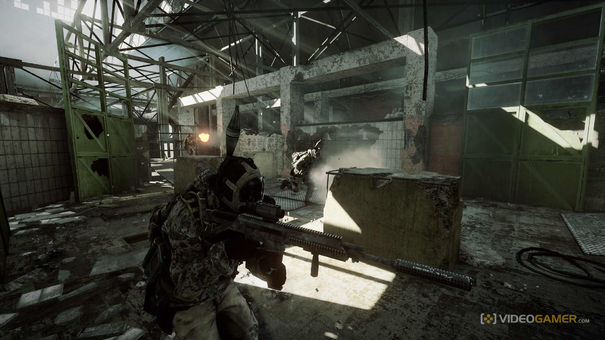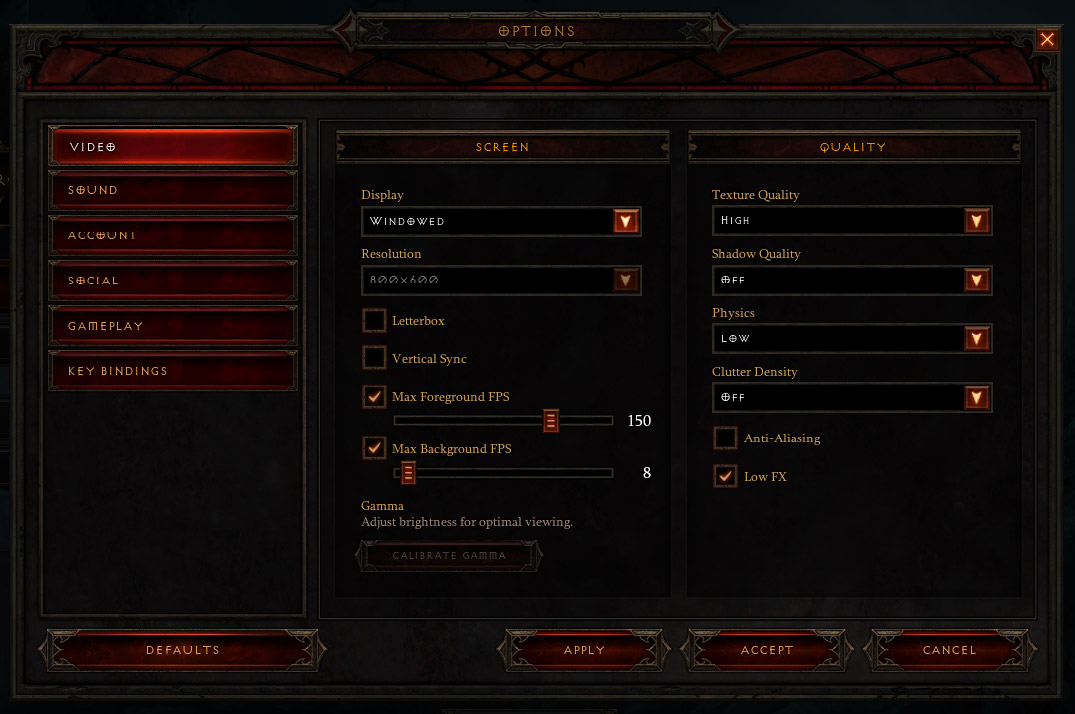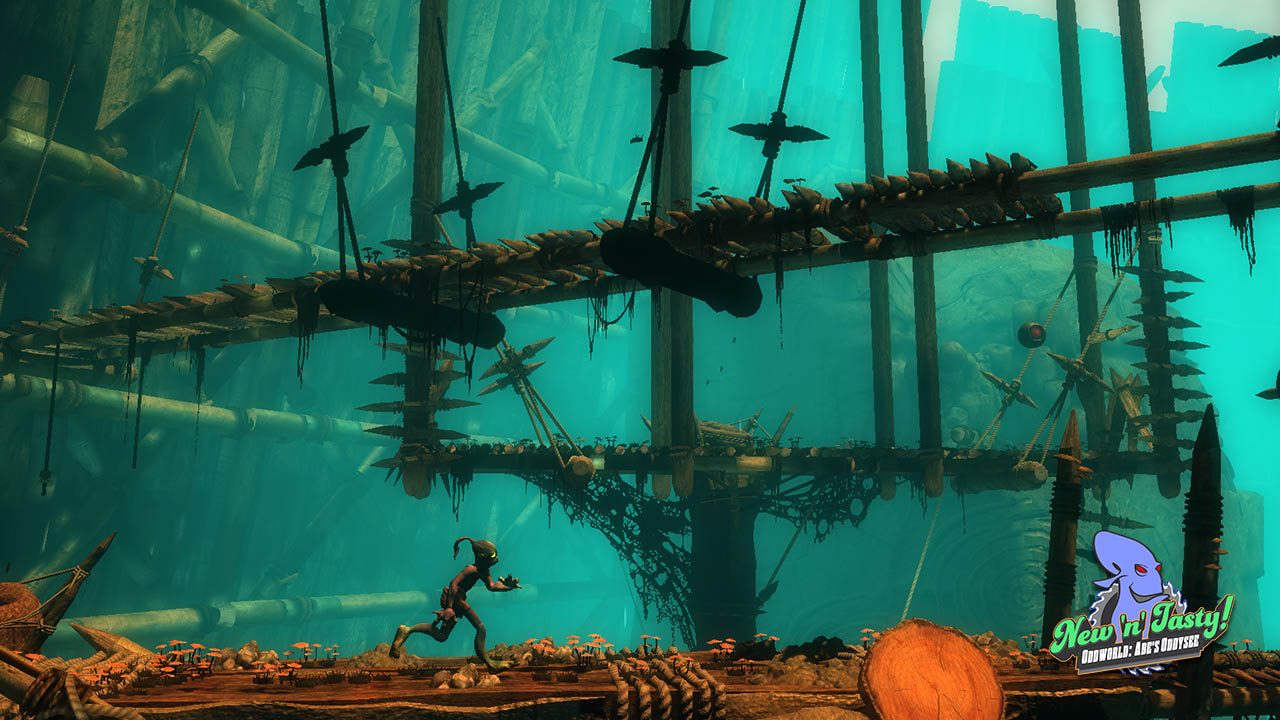

Our honourable mentions are games we feel deserve praise but didn't make it into our games of the year list. This might be because the game in question wasn't released in 2012 or simply because only one person felt the game was worthy of consideration. This is our chance to give these games some time in the limelight.

I know what you're thinking: 'Dave, you wally, Battlefield 3 wasn't released this year'. But before you start to assume that I've finally lost my marbles, let's take a look at the wider picture.
The Battlefield 3 we're playing today, at the end of 2012, is a vastly different game to the one we played in 2011. Through a deluge of drip-fed new content and updates that delivered major milestones and improvements, 2012's Battlefield 3, I expect, is finally the game that DICE always imagined it would be.
Battlefield 3's sustained popularity and relevance 14 months after its initial release is fairly indicative of the direction the industry appears to be headed in - that games are a service, and not just individual releases. Its ongoing importance is particularly noteworthy once you factor in the ultra-competitive, fast-moving online-FPS environment.
But why was Battlefield 3 so successful in retaining its significance? Putting aside the fact that it was a terrifically good shooter, I believe that there was one key factor to its success: perception.
DICE's approach to DLC was a welcome departure from the industry's typical method of delivering add-on content. The core concept remained familiar, of course - bundle a handful of new maps in each pack, throw in a few extra game modes and bonuses every now and then, and charge players the best part of a tenner for the privilege. But the decision to deliver themed expansion packs rather than a mishmashed fare of new content gave each DLC drop a sense of purpose and direction - and with it, a greater sense of anticipation.
A DLC drop for Battlefield 3 felt as big a release, if not bigger, than many of 2012's boxed releases. Each pack felt like a well-considered add-on, deliberately tailored towards particular types of players and experiences. They were all marketed superbly well, too, with even subtle differences, like referring to each one as an 'expansion pack' rather than DLC, or turning a simple Season Pass into a premium service, manufacturing inflated hype around each release.
I was sceptical about how well it would work, of course. I remember being concerned about Close Quarters around the time of its announcement, and of the belief that DICE was simply attempting to snatch a portion of the larger Call of Duty market, rather than deliver or expand upon experiences that core Battlefield fans would actually want. But to my surprise, Close Quarters turned out to be a superb addition, and – actually – my favourite of the packs released so far. The tighter, largely interior-based maps offered a great contrast to Battlefield's typical sprawling exteriors, and were not something you'd usually expect to work well in a Battlefield game. But it delivered exactly what DICE promised: a new, yet familiar experience within Battlefield. An expansion pack, not just DLC.
2012 was a year of change for the industry, then. It was a year where its most popular games were those released the year before, or not released at all. Just the other day, in fact, I read a report from gameplay-tracking site Raptr which claimed that 2012's most played games were Modern Warfare 3, League of Legends, Skyrim and World of Warcraft. That's a scary realisation for publishers, but equally a sign of opportunity to those prepared to embrace the elements which made such games popular.
The big continue to grow larger, then, to the point where older titles are casting shadows over major AAA releases 12 months later. That EA was prepared to cannibalise its own release – Medal of Honor: Warfighter – by giving players more reasons to continue playing Battlefield is unheard of, but a telling sign of the industry's future. The idea of games transitioning into a service isn't just a pipe dream for publishers hoping to widen their margins any more: it's already a reality.




 Diablo 3: How to Decrease Video Lag
Diablo 3: How to Decrease Video Lag Thief Walkthrough Chapter 1: Lockdown – How to Find the Combination to the Jeweler’s Safe
Thief Walkthrough Chapter 1: Lockdown – How to Find the Combination to the Jeweler’s Safe Oddworld: Abes Odyssey – New n Tasty – Trophies List
Oddworld: Abes Odyssey – New n Tasty – Trophies List E3 2013: . Predictions
E3 2013: . Predictions . Plays April 1, 2012
. Plays April 1, 2012